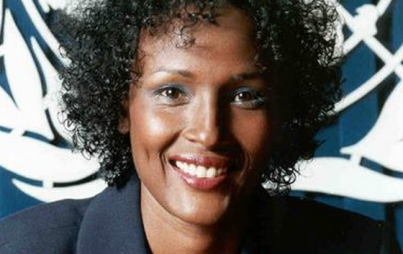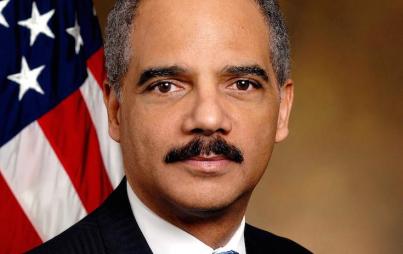
In a political move that will leave a lasting impression on women’s rights and protections in Africa, former Nigerian President Goodluck Jonathan signed into law the banning of female genital mutilation (FGM).
“With such a huge population, Nigeria’s vote in favor of women and girls is hugely important,” said Mary Wandia, FGM program manager of Equality Now, in an interview with The Guardian. “We hope, too, that the other African countries which have yet to ban FGM — including Liberia, Sudan and Mali, among others — do so immediately to give all girls a basic level of protection.”
Genital mutilation is an archaic practice in which the external female genitalia is either partially or completely removed for non-medical reasons. The practice is popular in Africa, the Middle East and Far East. Similar to circumcision, mutilation is used for religious purposes such as maintaining virginity and fidelity before matrimony. The health risks are severe, as it is recorded that heavy bleeding, urinary tract infections, cysts, infertility, and sepsis usually occur. Some human advocates are skeptical as it is believed that legalization will not abolish the practice. "Global experience tells us that ultimately, it's through changing attitudes, not just laws, that we will end female genital mutilation," Tanya Barron, chief executive of children's charity Plan UK International, in an interview with Reuters.
According to the World Health Organization, 125 million women have undergone genital mutilation. Nigeria has the highest number of cases. “What is encouraging is that we are talking more and more about FGM,” said Barron. “This is crucial to break the taboos around the subject and to help ensure that, in future, girls can live free from the risks it brings.”







